For the guarantee of the rights of children, adolescents and housing in Pernambuco
Inspired by the work of Dom Helder Câmara, an important archbishop in the fight against the Civil Military Dictatorship, Cendhec has remained active for 31 years


Credit: Alcione Ferreira / Cendhec
By: Eduarda Nunes – Lupa do Bem / Favela em Pauta
Inspired by the work of Dom Helder Câmara, an important archbishop in the fight against the Civil-Military Dictatorship in Pernambuco, Cendhec has been active for 31 years in the metropolitan region and the Pernambuco hinterland.
The Dom Helder Câmara Center for Studies and Social Action is a non-governmental, non-profit organization based in Recife (PE), with continuous action on the right to the city and the rights of children and adolescents.
Providing assistance to people in vulnerable situations and looking for solutions to socio-political problems that interfere in private lives are some of Dom Helder’s teachings followed to the letter by the institution.
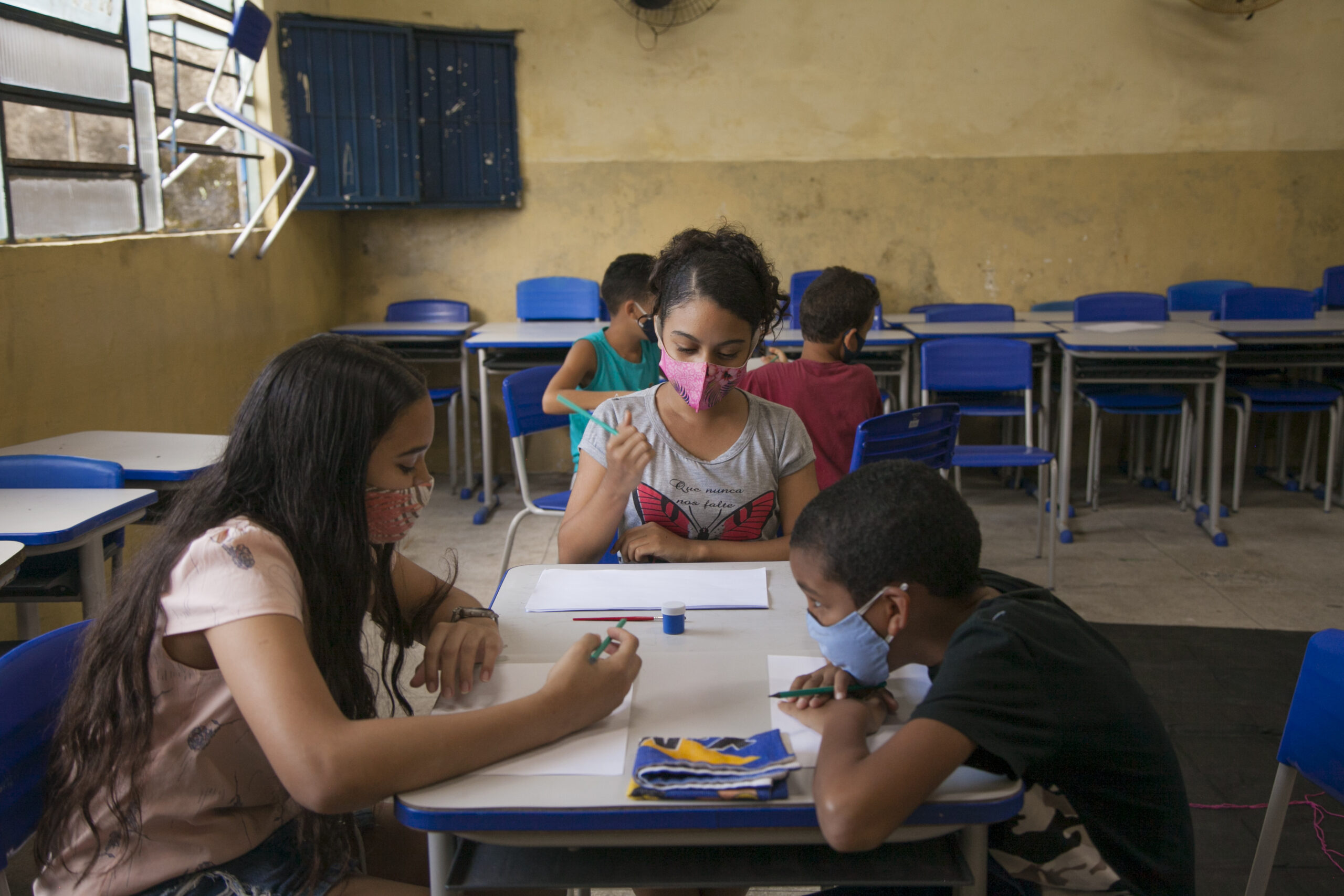
With a strong performance in the areas of advocacy and pedagogical training, Cendhec’s teams are made up of social workers, psychologists, pedagogues, lawyers and journalists, among other professionals. Together, they are adding achievements even amid the covid-19 pandemic.
With a strong performance in the areas of advocacy and pedagogical training, Cendhec’s teams are made up of social workers, psychologists, pedagogues, lawyers and journalists, among other professionals. Together, they are adding achievements even amid the covid-19 pandemic.
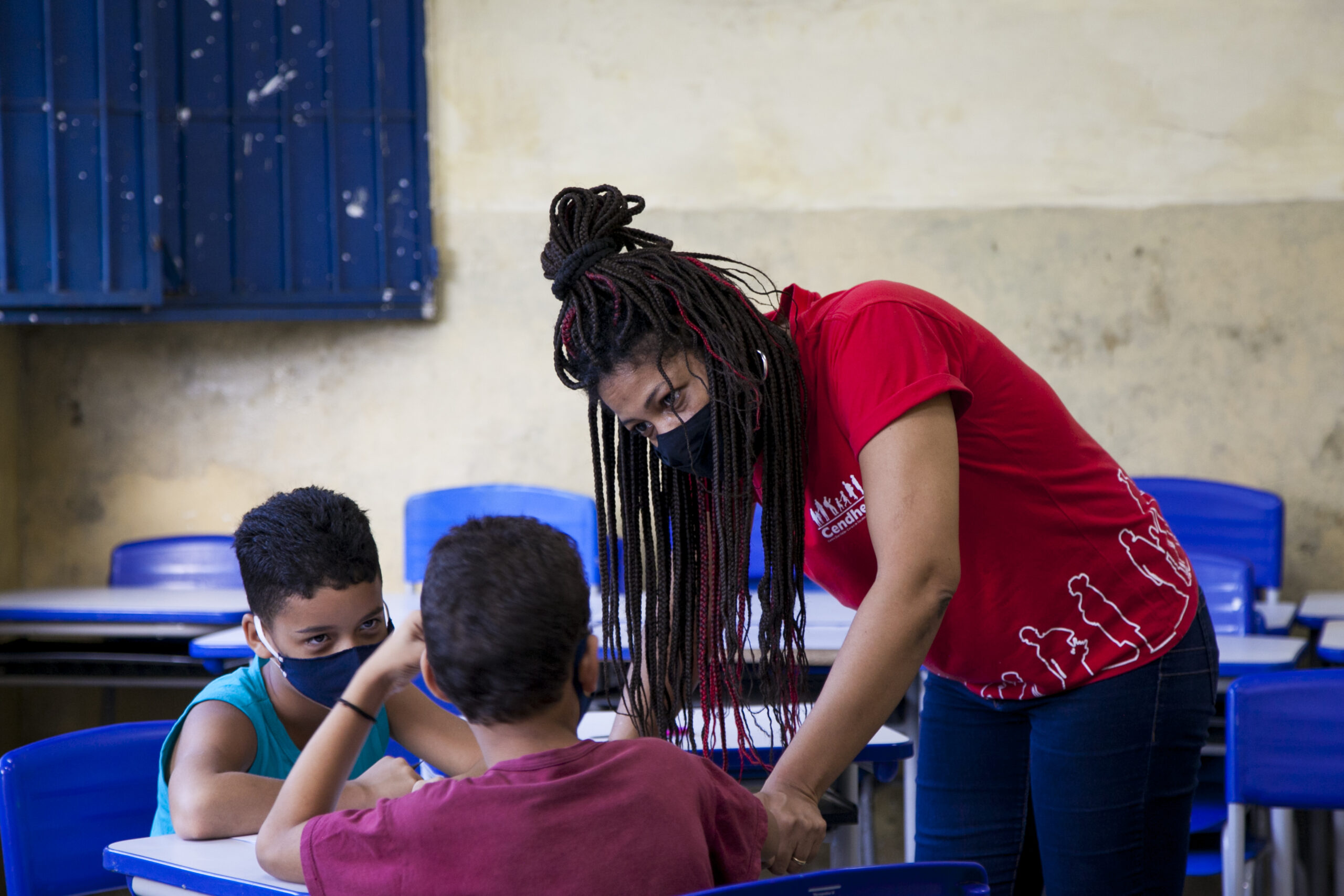

Currently, in Pernambuco, the Zero Eviction Law was passed, which prohibits reintegration, eviction and removal of residents until the new coronavirus is fully controlled. It was a year of articulation between politicians and civil society organizations, including Cendhec, to ensure that more people are not homeless during the health crisis.
Children’s Rights and the Covid-19 pandemic
Due to the pandemic, the Center’s axes of action (defense, advocacy, social control and training) were profoundly affected, “however, new challenges to the right to the city proved to be essential: really habitable quality housing, access to drinking water, access to public services and digital services”, says Luís Emmanuel, coordinator of the Right to the City Program.
In addition to these current issues, previous political actions that make life difficult for thousands of Brazilians are remembered, as is the case of Constitutional Amendment 95, which froze public spending for 20 years.
According to Luís, this amendment, in addition to restricting social investments, deregulates access to the city, “leaving it favorable to the interests of the real estate market, and the criminalization of social movements, especially movements about housing”.
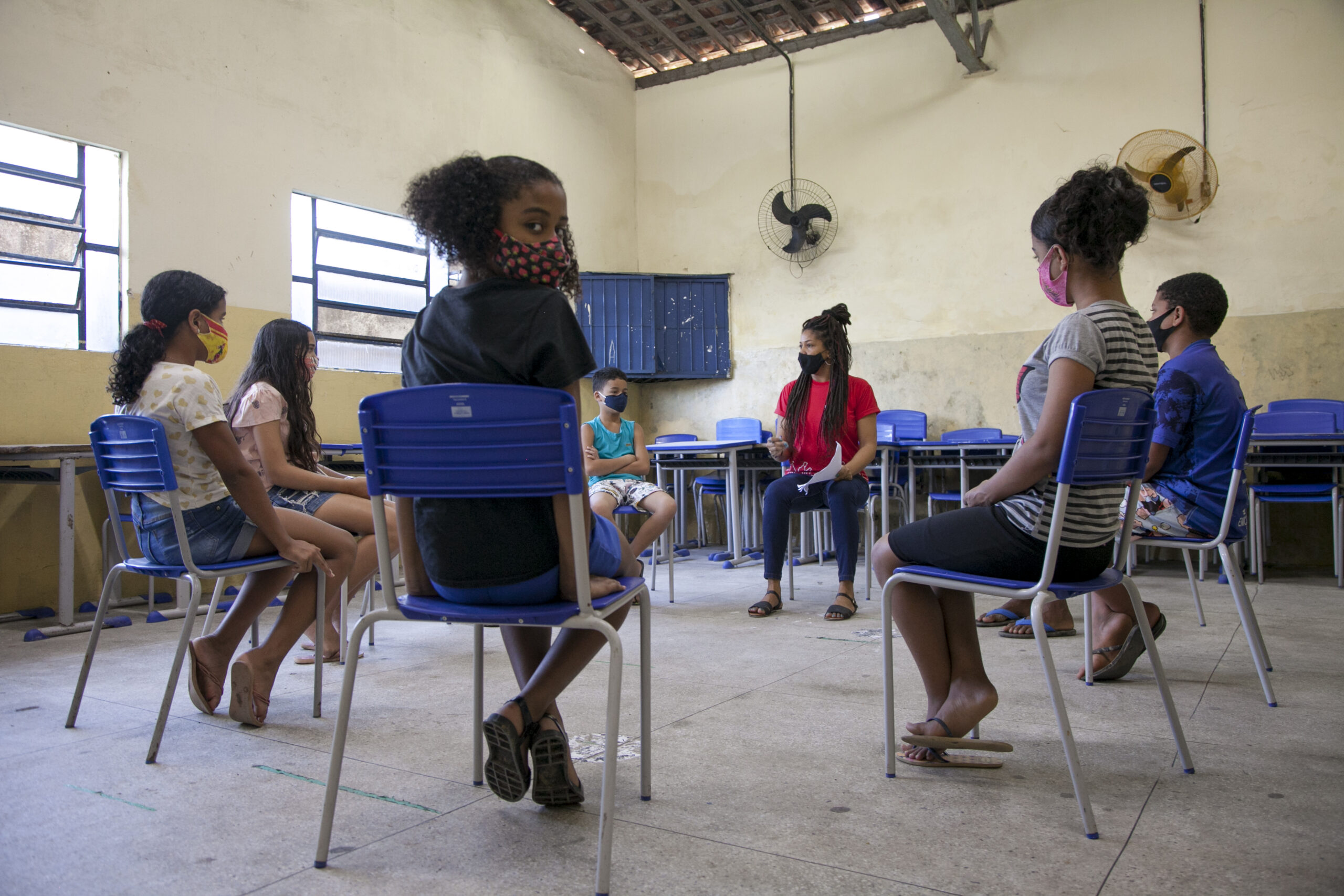

“These three facts alone present a very difficult context for social inclusion and solidarity alternatives. Difficult, but not impossible.”
When it comes to the rights of children and adolescents, the NGO has a permanent job of assisting victims. Research and surveys prove that, during the pandemic, there was an increase in the number of cases of violence and violations against women, children and teenagers.
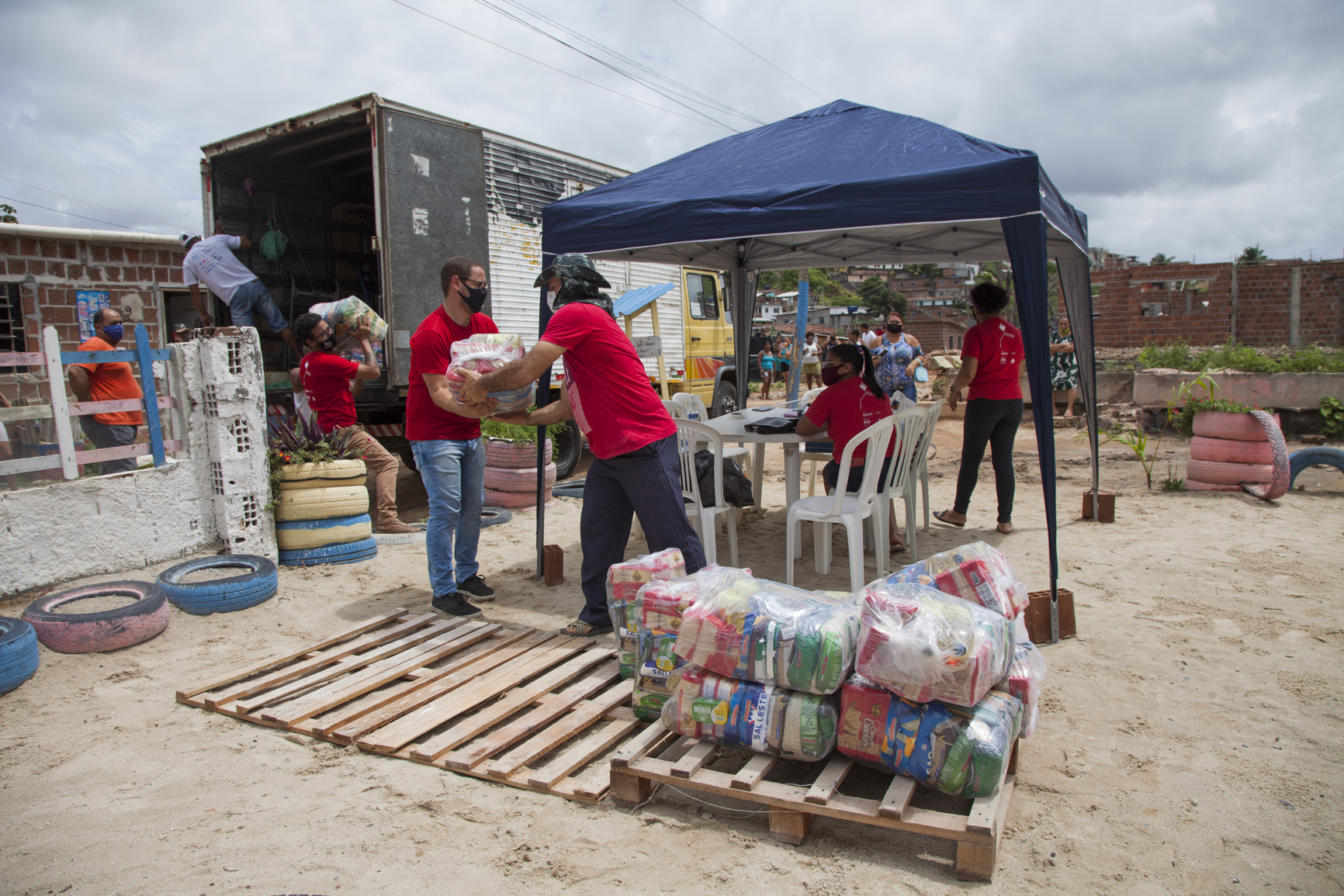

The lack of school space, due to social isolation, makes it even more difficult to detect these cases. Like the Right to the City Program, the Child and Adolescent Right Program also had to adapt to the restrictions imposed by the Coronavirus.
“We have carried out humanitarian aid actions, with deliveries of basic baskets and hygiene kits, including sanitary towels, in the community of Bode, in Pina (Recife), strengthening the system of guaranteeing the rights of quilombola children and adolescents in the municipalities of Santa Maria da Boa Vista, Cabrobó and Orocó [backlands of the state]. In addition to discussing and designing public policies for girls and young women during the project ‘On the Education Trail: gender and public policies for girls’, says Katia Pintor, coordinator of the program.
The NGO also participates in the Safe and Welcoming Schools project, of the Pernambuco Committee of the National Campaign for the Right to Education, and provides technical assistance for the construction of the Ten Year State Plan for the Human Rights of Children and Adolescents of Alagoas, in partnership with the State Council for the Rights for Children and Adolescents in Alagoas (CEDCA-AL). The program receives funding and incentives from international funds such as the Malala Fund, Kindernothilfe and the Freedom Fund.
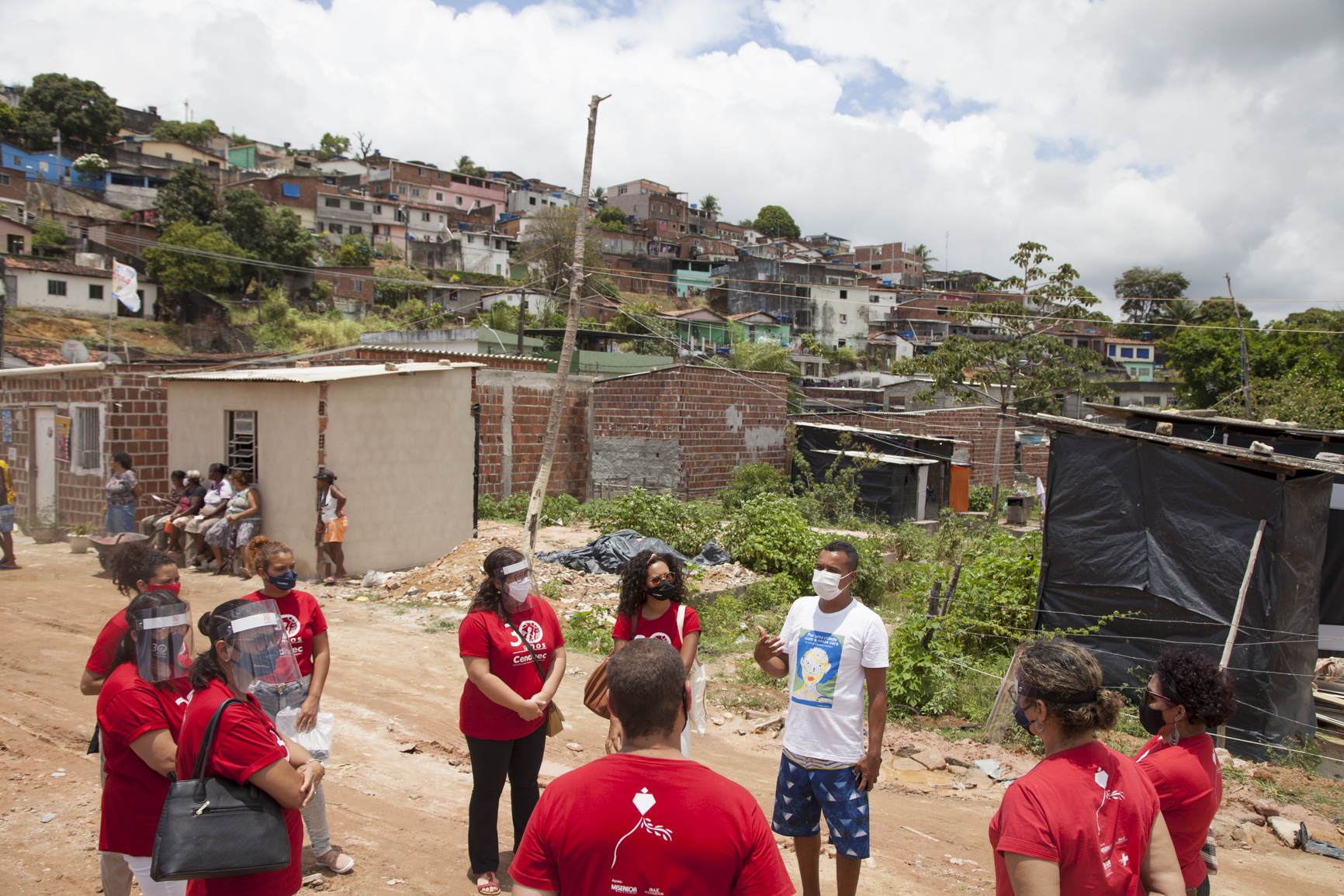

Even with the obstacles, Cendhec remains firm in its purpose of defending and promoting the rights of children, adolescents, families and residents of settlements.
“It is the mission of the Center, the teaching that Dom Helder left us when he amplified the voices of those silenced by the dictatorship. We will maintain our political advocacy, our contact with communities, and our training and protection programs. Believing that only popular pressure and organized civil society can guarantee changes”, points out Kátia.
Follow and strengthen the Center on social media.
“At the forefront of human rights and inspired by the teachings of Dom Helder Câmara, a leader who dedicated his life to the protection of vulnerable people, especially during totalitarian regimes, our mission is to contribute to social transformation, towards a democratic and popular, equitable, that respects diversity and without violence.” (institutional text – Cendhec)


